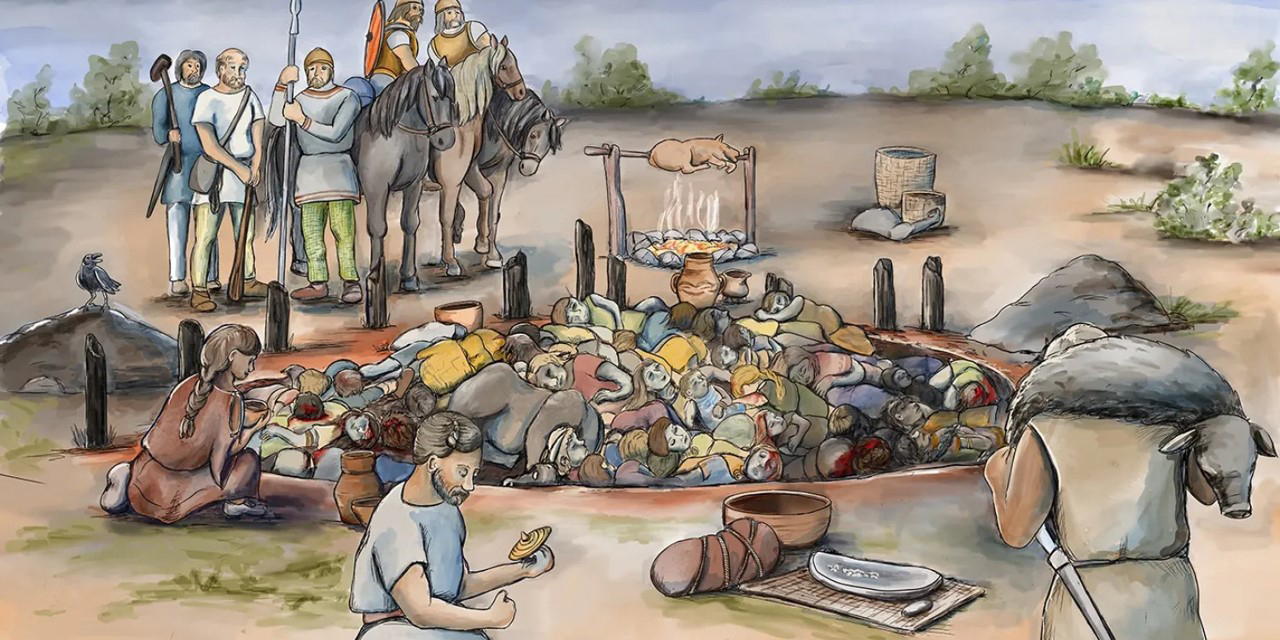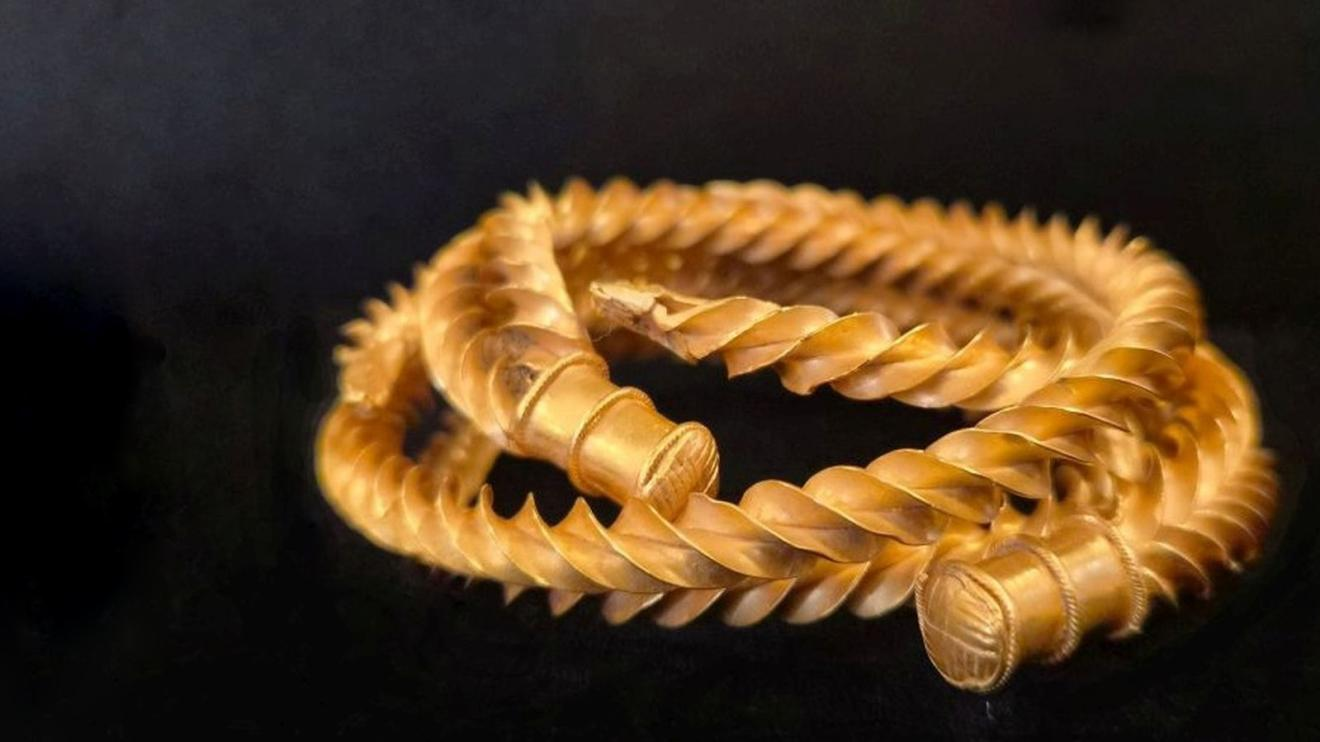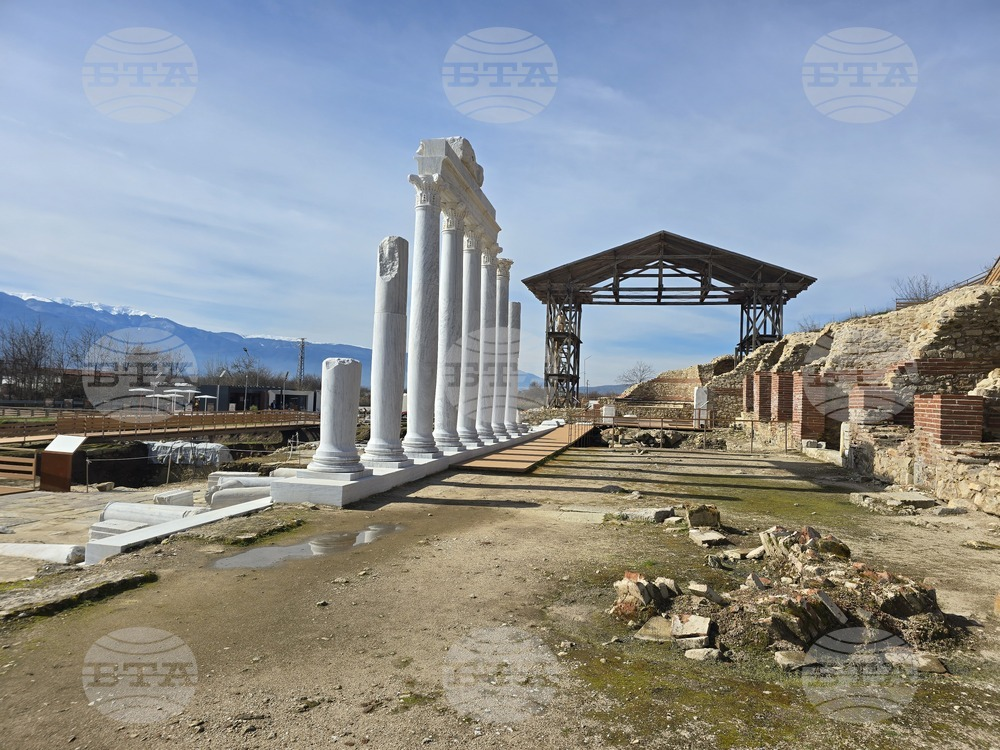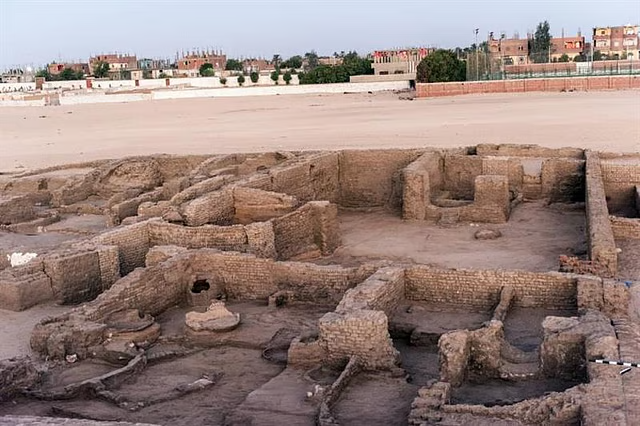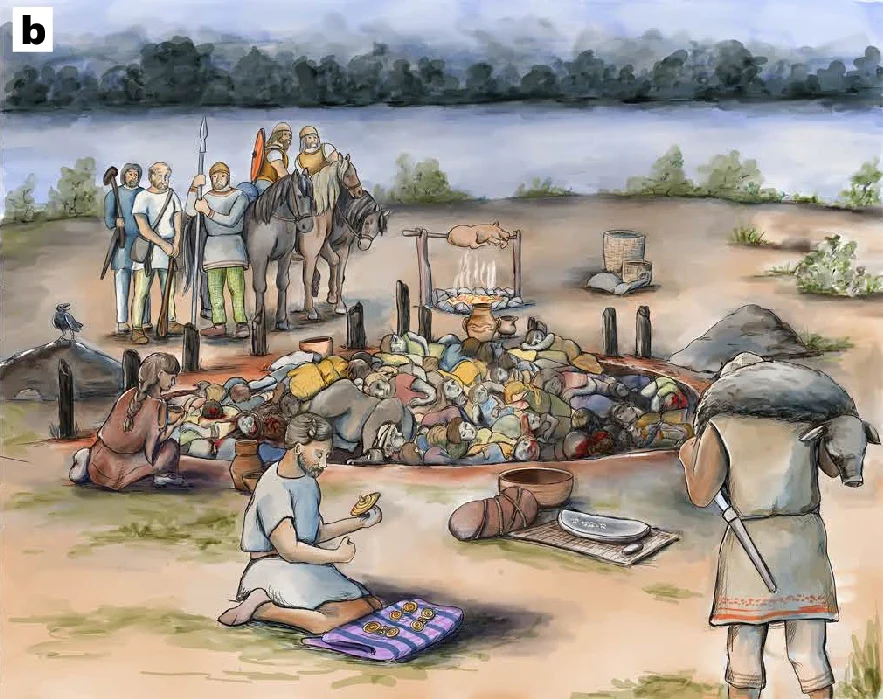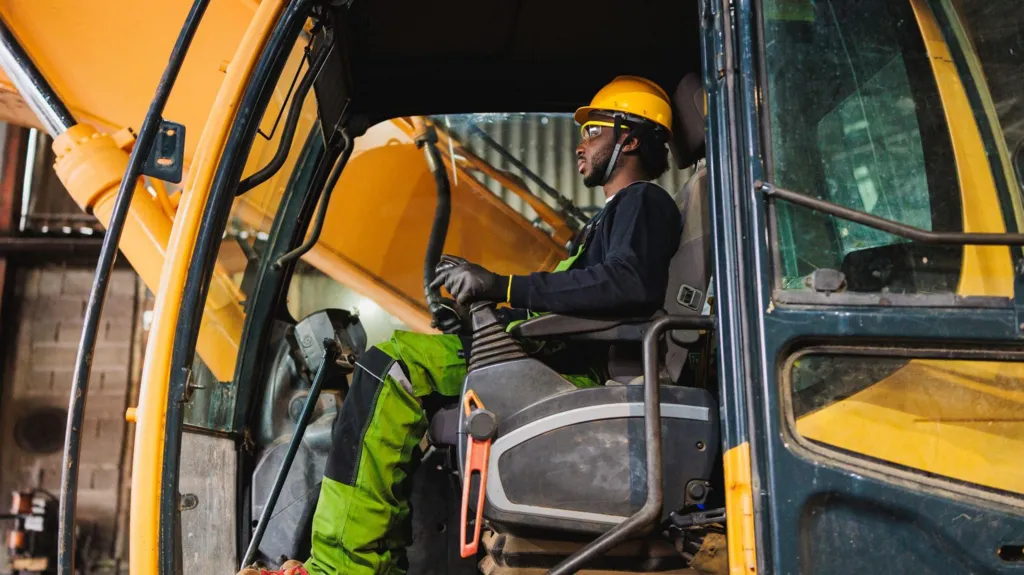A Multitalented Deity
Lugh, one of the most revered gods in Irish mythology, is celebrated for his versatility and mastery of multiple skills. Known as a warrior, craftsman, and magician, Lugh embodies both strength and intelligence. His presence in Celtic lore highlights the importance of skill, leadership, and ingenuity in ancient Irish culture.
Role in Irish Mythology
Lugh was associated with numerous domains, including war, arts, and crafts. He was often called “Lugh of the Long Arm,” reflecting his influence and far-reaching abilities. Myths describe him as a hero capable of outmatching enemies and performing feats of strategy and cleverness. He also played a central role in the Tuatha Dé Danann, a mythical race of gods, demonstrating leadership and resourcefulness.
Festival of Lughnasadh
One of the most important celebrations in Lugh’s honor is Lughnasadh, held at the beginning of August. This festival marked the start of the harvest season and featured feasting, games, and rituals to ensure agricultural abundance. Lughnasadh reflects the Celtic connection between divine guidance, seasonal cycles, and community life, showcasing Lugh’s role as a protector and provider.
Warrior Attributes and Symbolism
Lugh’s identity as a warrior emphasizes courage, skill, and strategic thinking. Stories of his battles highlight his versatility in both combat and leadership, symbolizing the Celtic ideal of a hero who combines physical prowess with intellect. His weapons, including a magical spear, further reinforce his association with victory and protection.
Cultural Legacy
Lugh’s influence extended beyond mythology into Irish cultural practices, rituals, and seasonal festivals. His stories inspired generations, emphasizing the value of learning, adaptability, and courage. Even today, Lugh’s legacy lives on through folklore, literature, and modern celebrations of Celtic heritage.
Conclusion
Lugh represents the ideal Celtic hero: versatile, skilled, and wise. His worship and associated festivals, such as Lughnasadh, reveal the deep connections between mythology, community, and seasonal cycles, offering insight into the values and beliefs of ancient Irish society.


